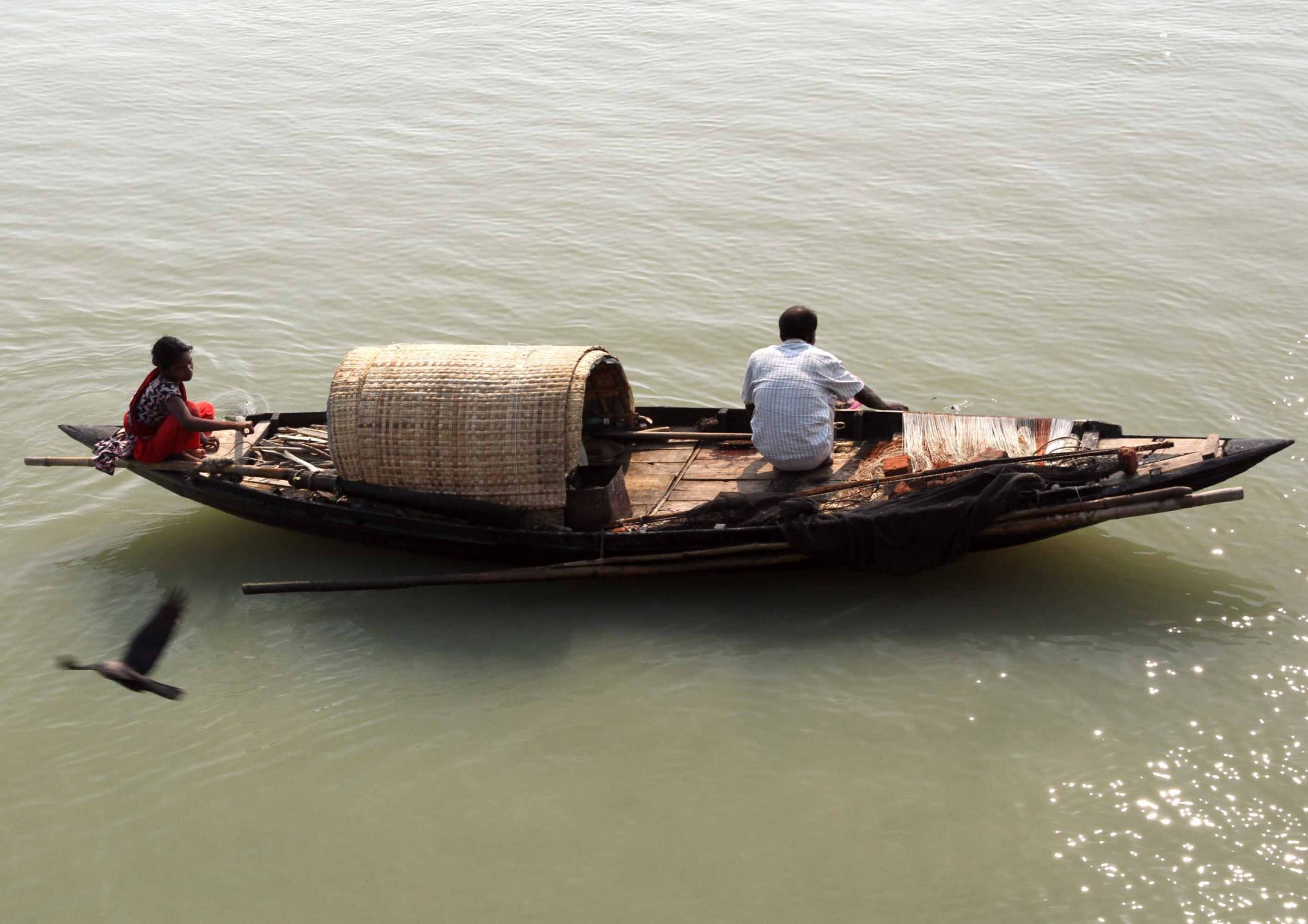As we talk about decolonising knowledge and make efforts in this regard, we should be clear about what needs to be done. There is a possible and most probably danger that we will replace euro-centric history with another centric history
Euro-centric history
- There is an increasing realisation, and rightly so, about what’s wrong with euro-centric history – the one that dominates the world.
- However, this is not the case with other-centric histories, which are also problematic and cause advantages and disadvantages for peoples, races, ethnic groups and religious followers.
- Other-centric histories operate around the world – similar to euro-centric history – and they are also causing havoc and disadvantages for groups and societies, through maintaining euro-centric style domination and subordination relationship with respect to knowledge and historical interpretations.
- They are also problematic and needs to be addressed at the earliest to prevent either their consolidations or remove their dominance if they have already established euro-centric style dominations wherever they exist.
Other-centric history
- Within every group and sub-groups around the world – whether based on ethnicity, race, faith, religion, gender, class, regions, nations, etc. – there are divisions based on economics, education, etc.
- Within each group and sub-groups, some have the power to dominate, while those they dominate are powerless to resist being dominated.
- Those who can achieve a monopoly in knowledge generation/dissemination (including on historical interpretations/explanations), they generate advantages for their groups at the expense of other groups.
The powers of history
- History can create problems as well as help solve them. It has the power to both imprison or liberate people.
- Those who work at the cutting-edge levels of historical research/interpretations, they acquire the most powers of history.
- The choice for us: either engage at the cutting-edge levels or be prepared to be interpreted into marginalisation, delegitimization and exclusion, or even extermination.
- Those who define are the masters and, in contrast, those who redefine can become the liberators.
Engagement with history is a necessity
Because groups face a disadvantage when they:
- Are subjected to excessive politicised history
- Have poor knowledge, imagination and intellectual capacity
- Fail to engage at the cutting-edge levels of research and writing
- Are always the recipients of outsiders’ interpretations/explanations
- Experience double standards.
Hierarchies of power
Economics; history; knowledge; social; etc.
= groups experience different levels and types of advantages and disadvantages in relation to one another, depending on their positions in the hierarchies.
